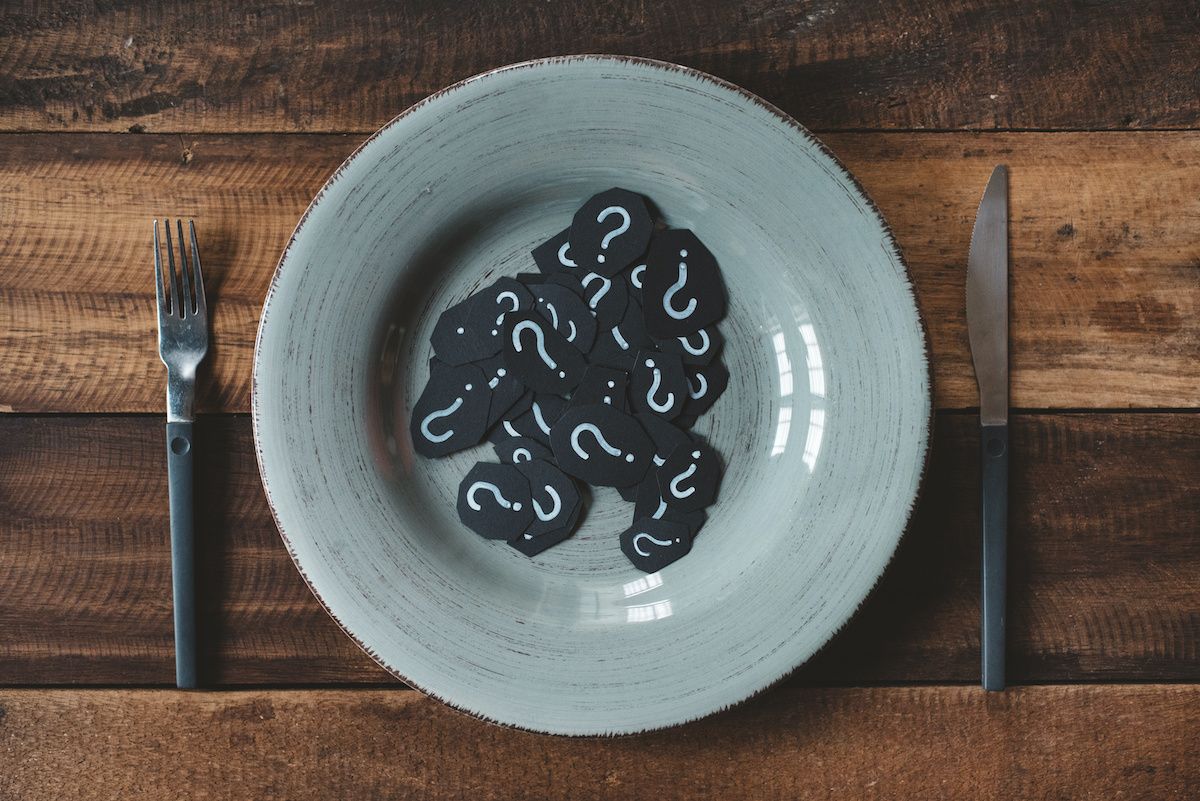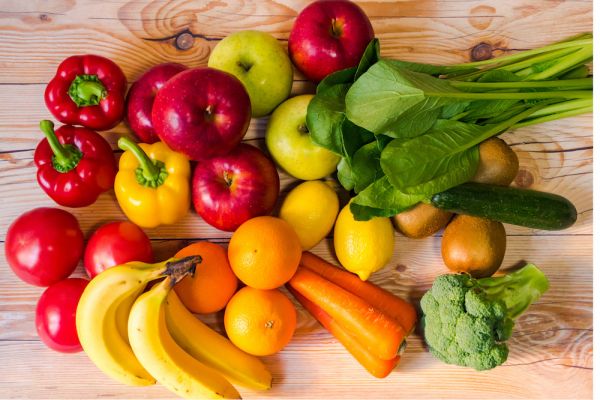Answering your questions about sugar, going vegan and supplements
Cancer survivors naturally have many questions as they look ahead toward their post-treatment lives. Questions about nutrition — what to eat and what to avoid — are among the most common topics we’re asked. Today, we answer three frequently asked questions about nutrition health:
Q. Should I completely avoid sugar because I have heard sugar feeds cancer?
A. The short answer is no, you do not need to completely cut sugar out of your diet. Glucose is the form of sugar the body uses most commonly. While cancer cells do use glucose for fuel, so do all the cells in your body. For example, your brain needs glucose to work properly.
Evidence has shown there is not a direct connection between the sugar you eat and cancer cell growth. The carbohydrates you eat are broken down into simple sugars as they travel throughout your intestines. This signals your pancreas to release insulin into the blood stream. With the help of insulin, the sugars move into your cells and provide them with energy. Cutting sugar out of the diet has not been shown to affect cancer cells. Even if you did not eat carbohydrates, your body would activate alternative processes to keep your blood glucose (blood sugar) level normal in order to feed the rest of your cells. Maintaining blood sugar levels is very important to your body’s function and health.
However, we do know that insulin resistance is associated with increased risk of certain cancers. Insulin resistance is when your body isn’t able to move sugar from the blood into the cell with normal levels of insulin and your body has to make more insulin. Rather than attempting to cut sugars out of the diet, evidence shows that being physically active and eating a diet rich in fruits, vegetables, whole grains and legumes – and limiting foods and beverages rich in added sugars – is linked to a lower risk of developing some common cancers.
Q. Now that I am through my treatment, should I become vegan, vegetarian or radically change my diet and eating habits?
A. After treatment, the American Institute for Cancer Research (AICR) recommends that you follow the healthy lifestyle guidelines for cancer prevention as best you can. These guidelines include focusing on a diet rich in plant foods like whole grains, vegetables, fruits and beans and limiting consumption of red and processed meats, sugar-sweetened beverages and alcohol. However, it is not necessary to become vegan or vegetarian in order to have a healthy eating pattern. Seafood, lean proteins and low-fat dairy can all be important parts of a balanced eating pattern. With any lifestyle changes, its best to take small steps towards healthier habits rather than make any drastic changes. This way, you are more likely to stick with those changes and incorporate them as part of your everyday life.
Have more questions?
Our nutrition team can play an important role in your care — before, during and after treatment.
Learn MoreQ. Now that I am done with treatment, should I take supplements to build my immune system and for overall improved health?
A. A doctor may prescribe a dietary supplement for you if you are diagnosed with a deficiency of a specific vitamin or mineral (vitamin D is a common example) and/or if you are unable to consume enough nutritious foods or beverages to meet your nutrition needs. However, for people without a specific deficiency, research shows that eating colorful, whole foods that are rich in vitamins, minerals and fiber is a better choice than taking dietary supplements. Check out our article on phytochemicals for more information on getting some of these nutrients from foods. It’s also important to know that some supplements may interact with some of your medications, so be sure to check with your doctor, pharmacist or dietitian before starting any new supplements.

